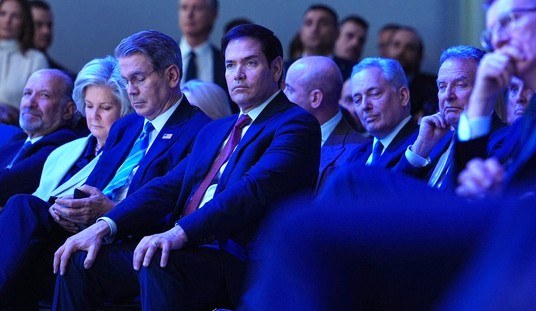To alleviate this, he has a few proposals - one of which is to dramatically raise top individual tax rates. The Tax Foundation has modeled what would happen in two scenarios - a world where we have top tax rates of 80% and 55%, and a world in which we have those top tax rates and investment income is taxed as ordinary income.
The results would be disastrous:


As the author of the report, Will McBride, writes:
If Congress enacted Piketty’s tax rate increases while retaining the current rate cap for long-term capital gains and qualified dividends, the Tax Foundation’s Taxes and Growth model estimates that, after the economy had adjusted, the stock of equipment, structures and other capital used in production would be 7.4 percent lower than otherwise, 2.1 million jobs would be lost, and GDP would be 3.5 percent lower than otherwise (a loss of about $575 billion annually in terms of today’s GDP). The rate cap for long-term capital gains and qualified dividends moderates the damage by shielding much saving and investment from the higher rates. If Congress also abolished the rate cap, the model estimates that the long-run harm would be many times worse: something close to the deindustrialization of the U.S. economy with the capital stock down 42.3 percent, 4.9 million fewer jobs, and 18.1 percent less GDP than otherwise (a loss of about $3 trillion annually in terms of today’s GDP).
Recommended
Although there are a lot of economists on the left who insist that tax rates and growth aren't correlated, the evidence does not back that up. Piketty's policy prescriptions may help fight inequality, but they'd absolutely decimate economic growth.

























Join the conversation as a VIP Member